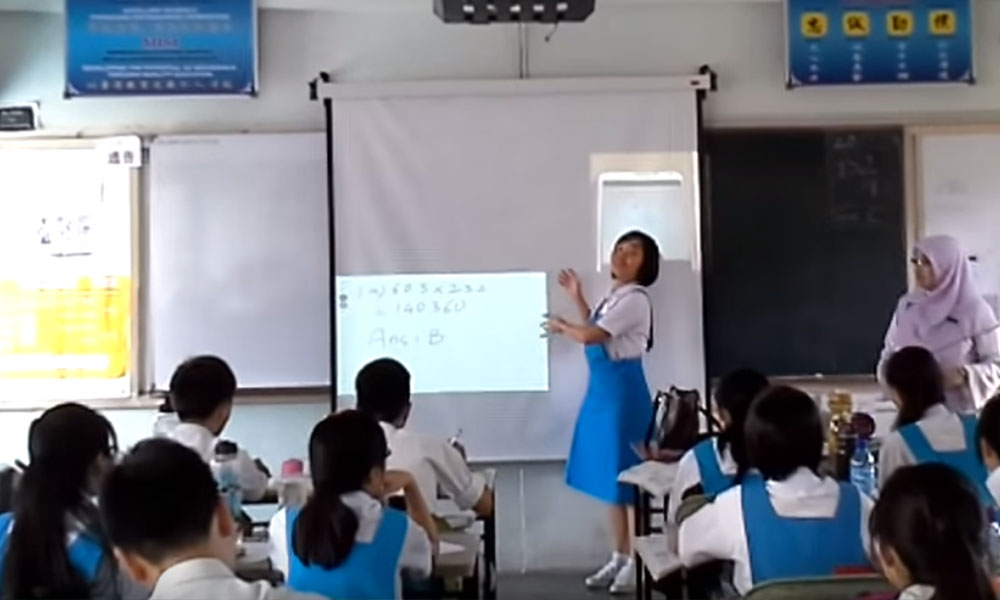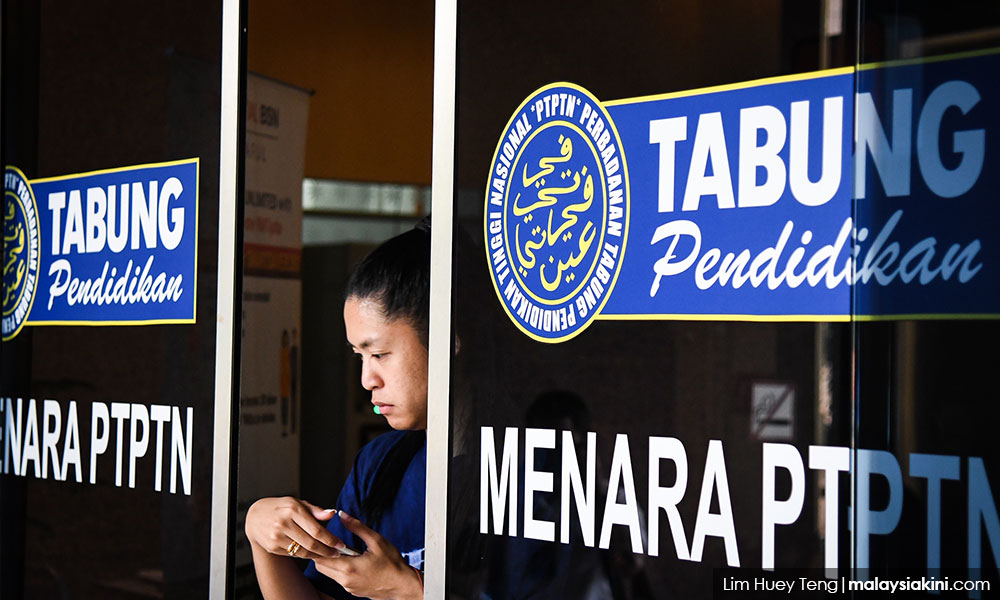Is hoping for meritocracy futile?
OPINION | S THAYAPARAN
Published: | Modified: 
“Age was respected among his people, but achievement was revered. As the elders said, if a child washed his hands he could eat with kings.”
- Chinua Achebe, Things Fall Apart
COMMENT | On a working visit to England, prime minister Dr Mahathir Mohamad said: “Whose hands would we leave the fate of this nation to, if not to the young generation? Let us work together and unite to create a bright future for Malaysia.”
Politicians like to claim that “young people” are the future of this country. What they really mean is that young people are potential voters to keep the system in place.
Meanwhile, a young Malaysian wrote a letter to the media about the harsh reality of education in Malaysia that exemplifies all that is wrong with the system.
What I liked about it was that it was devoid of polemics.
It was a measured reflection of an unpleasant reality facing non-Malay young people in this country. Here was a young Malaysian who did everything by the book, so to speak. This young Malaysian had the “noble” values Mahathir and other politicians like to talk about, but they mean very little against a system designed to cultivate resentment, among other things.

This writer excelled in his education and dutifully turned to the system to help in his advancement of the Malaysian dream. To be a productive citizen, the system says do this and do that and you will reap the rewards.
However, the system failed this young Malaysian. It was not a mistake. It was not an anomaly. It was just that this young Malaysian missed the quota system for his community. Perhaps the system was originally not designed to marginalise the non-Malays, but it evolved into a system where the main purpose is to see to the “uplifting” of the Malay community at the expense of the non-Malay community.
This is why the education minister has to walk back on statements he made about the systemic discrimination in the private sector, or when Malay politicians claim that the special rights of the Malays go on in perpetuity.
Take this paragraph from the letter: “Again, I worked hard at IMU and managed to graduate as a top student in my graduating class. I was elated, but the joy was short-lived when I found out that, despite being the best student in the class, I was not eligible for the PTPTN loan exemption due to a different assessment system and crude conversion method.”
We read commentary about young people not paying back their PTPTN loans. We read about how the government is in a dilemma attempting to rectify this situation. Whenever I speak to the parents of young non-Malays who have secured loans, they always remind their children to repay the loans because it is drummed into their heads that there are consequences for not repaying loans or if it is from the government, they are depriving other children of opportunities they received from the government.

Are there exceptions to this kind of thinking? I am sure there is. However, my point is that young non-Malays, especially if they come from backgrounds where tertiary level education is not a given, but something that has to be earned and achieved by hard work – by the child and the parent - borrowing money to secure a better future through education is a road well-travelled.
Indeed, the writer makes two important points which reflect the reality of young non-Malays in this country and something that should be repeated and often.
The first: “Nonetheless, my amazing parents devised a solution for me to further my education. They dipped into their retirement fund (they reached retirement age at the end of my secondary education) and also borrowed a hefty sum from my uncle.”
This is an important point and something that has become a sort of weapon for proponents of the system that perpetuates the kind of injustice that has become an acceptable component in mainstream Malaysian politics.
This idea that non-Malays will always find a way to achieve their ambitions. They do not need the system, hence the system should reflect the needs of the majority. In other words, the hard work and sacrifice of the parents are used against them to rationalise the inequalities of the system.
This enables corrupt politicians to shape anti-inclusion narratives that receive very little pushback, because, to do so would jeopardise the political power of non-Malays, which over the decades has diminished anyway.

This meme that some young Malays progressives like to go on about, is that it is not the politicians who foist ideas of Malay privilege on the community, but rather the majority in the Malay community want their entitlement when it comes to social, educational and economic programmes, so the "urban" educated non-Malay mainstream is getting it wrong.
That may be true, but what does this mean? It means that nobody is really interested in equality and that non-Malays should stop thinking of themselves as citizens of this country, and whose existence is merely to prop up a system which disadvantages them.
Which is fine, but this means that the only cathartic thing to do is to leave this country, or vent on online forums.
The second point of this young non-Malay write is in this: “Looking back now, I probably should have sought cheaper alternatives in universities, but I knew that my parents would want to provide the best for me.”
This should be a familiar situation for most young people and their parents. Even though you are one of the best, life is unfair and you should lower your expectations because what you do after you fulfil your educational goals, is what is important.
I have no idea if pragmatism is a “noble” value, but it does point to the different values young Malaysians have, which is shaped by the way they engage with the system. These conflicting values will eventually become flashpoints of unrest, no matter how the non-Malay political elite attempts to justify the system in place.
The writer ended the letter thus: “Insanity is doing something over and over again, but expecting different results. One can only hope for a silver lining in the cloud of challenges confronting Malaysian students now.”
All I can say is, more often than not, hope is a form of delusion.
If every Education Minister (>20) and Prime Minister (7) we ever had was Malay can we expect anything good or fair for non-Malays education?
ReplyDeleteIf you join a private sector company, even a public-listed one, you don't expect to be treated as well as the children of the bosses or those who are same bangsa as them. Cina-run companies behave like this. Only fair that Malay-run country does the same. Can't be that "what's mine is mine, what's yours we share" kan?
ReplyDeleteYou control what you control, Melayu control what they control.
The only solution to please everyone and prevent polemics would still be for the Govt. to provide free education to all Malaysians be it at pre-school, primary, secondary, tertiary or post graduate whether they are at public or private schools, universities or other institutions of higher learning.
ReplyDeleteInclude in also free healthcare for all Malaysians since Education and Healthcare are basic requirements aspired by every citizen and a responsible Govt. who should do the right thing rather than forever stuck in a political quagmire of polemics.
Beg or borrow, raise bonds, sell off assets, mortgage the country if need be, for the returns from a well educated and healthy workforce is worth the price to pay rather than spending it on subsidies, multi-billion dollar projects, arms purchase, bloated Govt. administration, religion, mega national projects etc etc.
That's what a New Malaysia should be.
There is only a very, very small number of countries in the world that manage to provide free University education.
DeleteUnless your country is an oil well, It is just too expensive. The funds are usually more urgently needed for other purposes, or the number of available university Places will be severely Budget limited.
Also, giving away university education free tends to lower the student's appreciation of it.